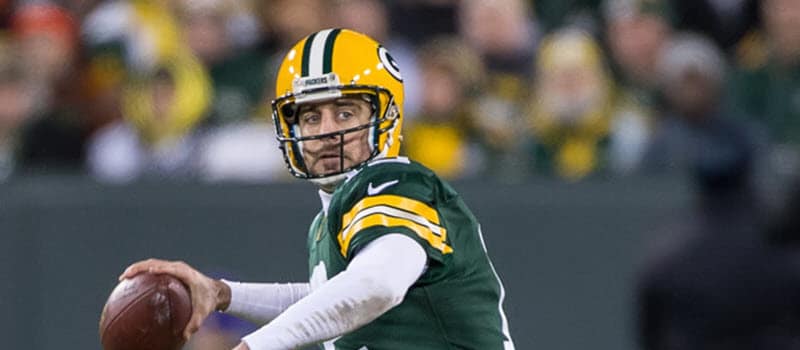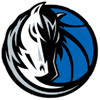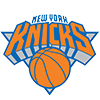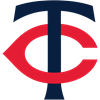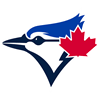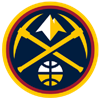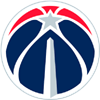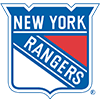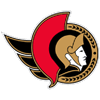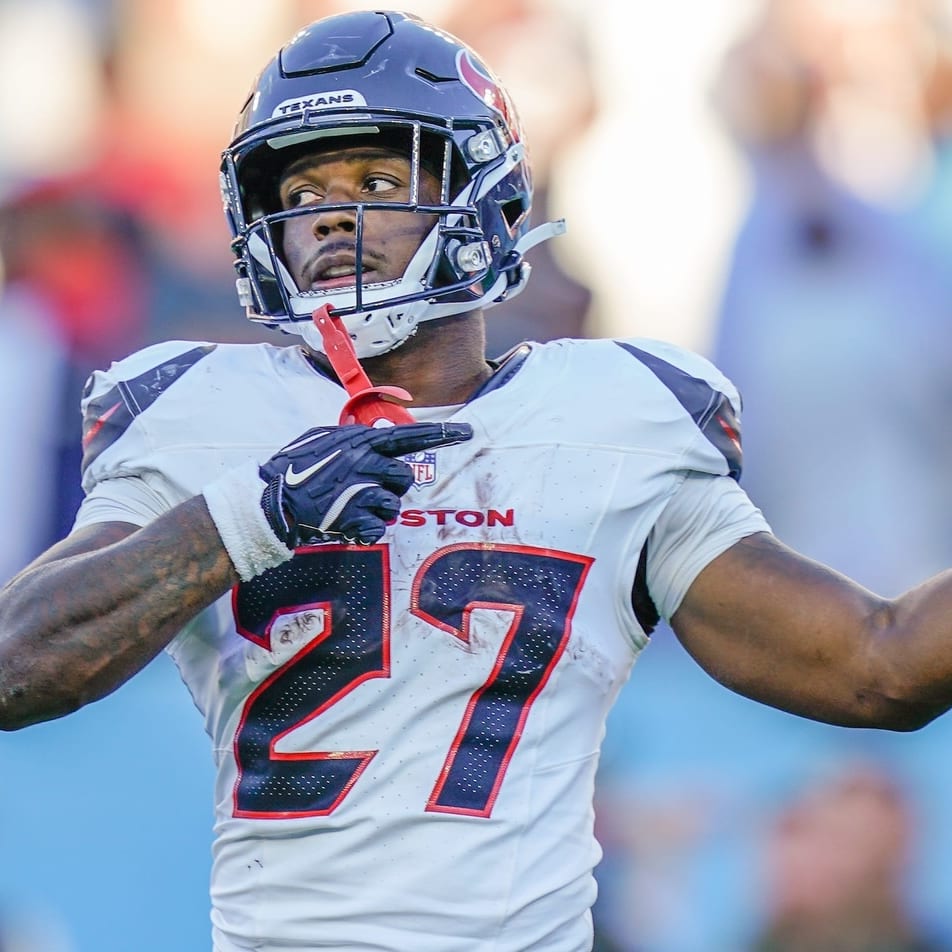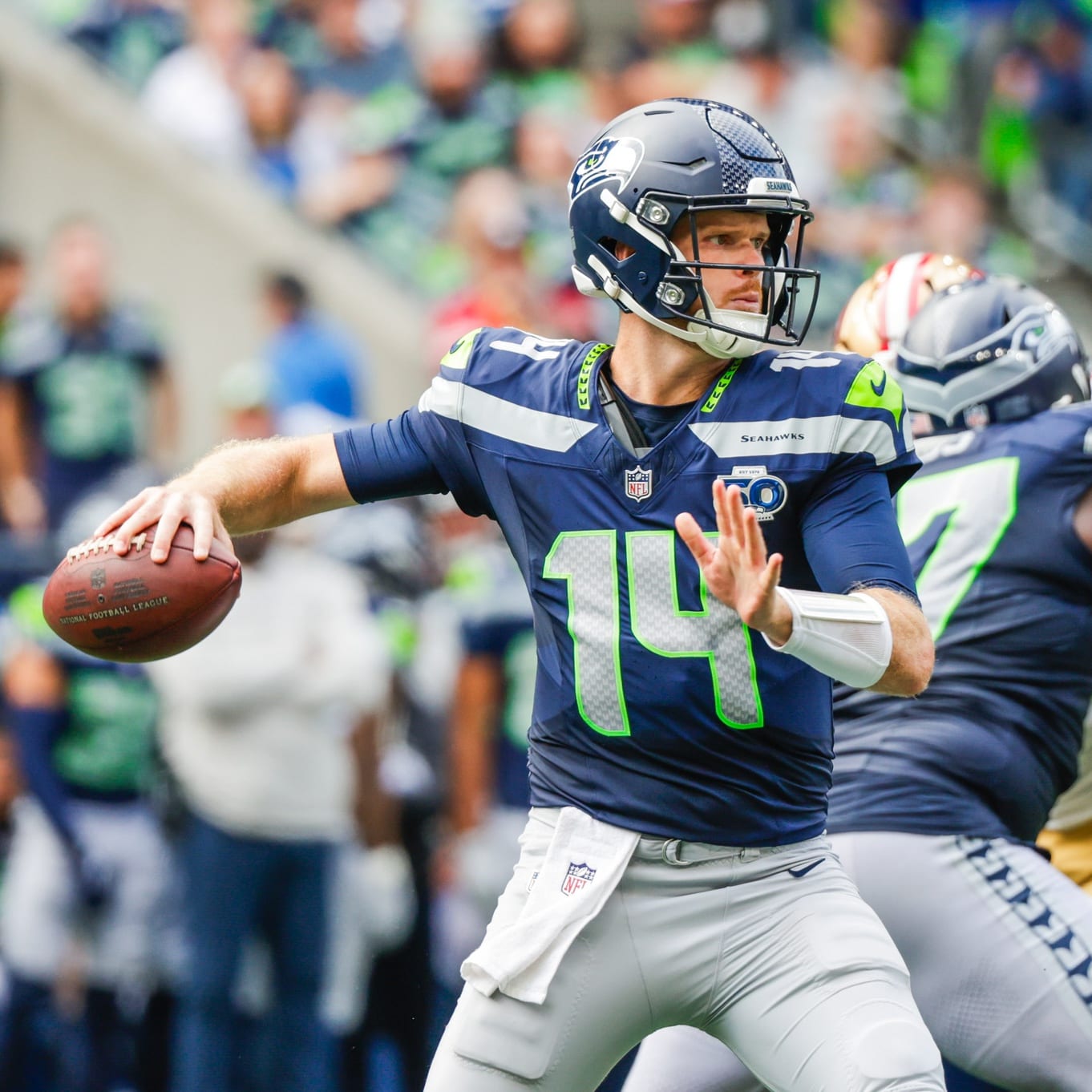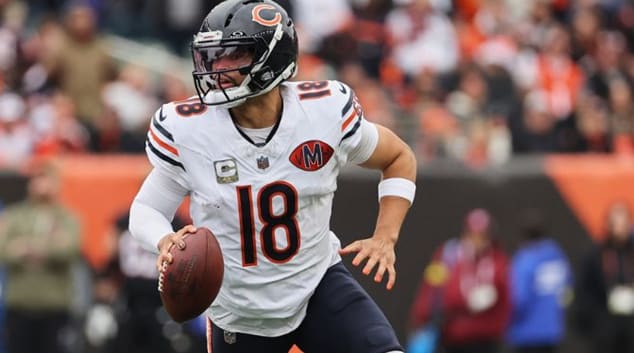For this year's football magazine, I interviewed Rufus Peabody, a professional bettor and the proprietor of Massey-Peabody.com. I asked Rufus for a few reasons, one of which is I spent some time with him when he passed through Lisbon, Portugal, (my current home) on his world tour (more on that below), but mostly because he makes his living primarily from his bets and does not sell picks. His site, which handicaps and power-ranks pro and college football, is free. This combination of "skin in the game" and ethical restraint is rare in this space, and we appreciate him contributing to this year's magazine. Our Q and A is below:
CHRIS LISS: First off, Rufus, thanks for doing this. Do you mind telling our readers a bit about your background, how you got into this game instead of, say, taking your skill set to a hedge fund or other, more traditional line of work?
RUFUS PEABODY: Thanks, Chris. First off, really enjoyed meeting you in Lisbon and being introduced to so many great restaurants (plus your amazing stew), but even more so I enjoyed our deep discussions about football. Hopefully, this will just be an extension of that.
Growing up, I always loved the numbers side of sports. Going to college, I thought I would study political science or history, but I wanted to be a sports journalist. I realized that the side of sports journalism that really appealed to me was the analysis. I didn't just want to write a news story covering what happened in a high school basketball game, something I did regularly in high school; I wanted to figure out why it happened the way it did.
When I read a Gene Wojciechowski article [on ESPN] about oddsmakers in Las Vegas during my junior year of college, I knew this was the perfect job for me. So I talked my way into an internship and spent a summer, among other things, analyzing betting patterns in NBA games Tim Donaghy officiated. I went back to Yale and, motivated by my time at Las Vegas Sports Consultants (LVSC), wrote my senior thesis on psychological inefficiencies in the baseball betting market. I ended up taking a full-time job at LVSC after graduation, and after a year developing my own predictive models, I realized I could do a lot better for myself betting rather than setting the odds. Nine years later, I'm still betting for a living. When Cade Massey, my senior thesis advisor at Yale, approached me about developing NFL power ratings for the Wall Street Journal in 2010, I jumped at the opportunity, and we've been producing our quantitative ratings for seven seasons. We both believe strongly in human irrationality and the tendency to trust our intuition too much, rather than a model that isn't liable to be swayed by emotion.
CL: When I edit, I'm leaving in your compliment of my cooking, no matter what essential substance needs to be cut to fit the space. Appreciate it, and glad you enjoyed it … You mentioned you developed your own predictive models and realized they were better than the book's and presumably by a large enough margin to make a living off the disparity, even with the vig. What is it about your model that makes it better than the ones used to set the lines, or, put differently, what is the weakness in the book's line-setting process that your model exploits?
RP: It's not that my models are "better" than the books' – or, more relevantly – the market number. They don't have to be "better" for me to turn a profit; they just have to have some value in predicting a game that the market doesn't account for. We've found, in the NFL, that the best combination of the Massey-Peabody prediction and the market prediction is 45 percent MP, 55 percent market. And I'm absolutely thrilled with that. It means that if the market makes Team A a seven-point favorite and MP makes them only a three-point favorite, we'd expect Team A is really a 5.2-point favorite.
I don't think there is one weakness in the betting lines, per se. If it were that simple, everyone would be making money betting. But I think conceptually, it comes down to one main thing: relying on the process that generates outcomes rather than the outcomes themselves. A classic example of this is fumble recoveries. In the NFL, fumble recoveries are random; there's no demonstrable predictive skill that can be used to predict future fumble recovery rate. But recovering fumbles has a large impact on game outcome, and if the market doesn't properly discount the randomness of fumble recovery, it will overvalue a team that has recovered a high percentage of fumbles.
So, understanding randomness is one thing. The other process-based thing that is super important is contextualizing performance. Controlling for strength of opponent when rating a team is just the start. Discounting garbage-time performance, controlling for weather and assessing how much to weight recent performance relative to more distant performance are all important (spoiler alert: most people weight recent performance too heavily). The market does all of these things to some extent, but I think my models do a better job. That said, the market does do many things much better than my models, such as accounting for injuries, rating specific players and factoring in qualitative information.
CL: That's interesting – so it sounds like your model serves as kind of a bias-index, a check on how off-base the line might be by overrating or ignoring certain information. How much of a disparity between that 45/55 number and the market must there be for you to make a bet? In other words, if your number were five and the market's number were six, then the 45/55 number would be about 5.5, and there would be only half a point difference – I imagine not enough for you to pay the rake. What's the threshold before you'll put money down? And I imagine the bigger the disparity, i.e., the apparent bias, the bigger the bet?
RP: Exactly. The more the model differs from the market, the more I'll bet. Since the score distribution of football games is unusual (points are normally scored in 7s and 3s), it's not as simple as saying a two-point difference or more equals a bet; it's going to depend on what numbers I'm crossing. If our model makes a team a two-point underdog and the market has a +3.5, that's much more likely to be a bet than a game where the model has -9.5 and the market is -7.5. But as a general guideline, a difference of two points in the NFL is usually enough to have a positive EV [expected value] bet.
CL: I noticed you corrected me a couple questions ago when you wrote: "better than the book's – or more relevantly – the market number." Can you explain how the book's number and the market number are different things? I've heard a lot of debate about whether books are simply aiming to set a line that splits the action, ensuring them a riskless profit from the vig, or whether the book, when setting an initial line, might knowingly take on lopsided action but be OK with that as long as it's on the "sharp" side. What's the process here when a line gets set?
RP: With the ubiquity of the internet, it's a global market, so there isn't a lot a bookmaker really has to do. If everyone has -3.5, and one book decides to make the line -4, you can be sure they're going to get overwhelmingly lopsided action on the underdog. What I meant, though, is the opening number the book sets initially is pretty irrelevant, since there's not much liquidity behind it, and books will move the number very aggressively in response to early trading.
CL: Interesting – so sounds like they don't dare keep a line up that ensures lopsided action these days because it could lead to ruin. Have you ever had a book refuse to take a wager of the size you asked for, or move the line right after you made the bet to get action on the opposite side? Do you and your partners have to wear disguises to get the bets down, or is it pretty easy once a big enough chunk of the market has weighed in and established the number?
RP: Happens all the time. Eight or so years ago, a friend of mine was looking to place a bet on a New Mexico State/New Mexico college football game at a book that had a line of +10.5, when the other shops in town had +10. He knew they would look at the market and only give him a dime or two [a "dime" is $1,000 in betting parlance] if he tried to bet the underdog there, so he asked to place a limit bet on the wrong side (-10.5). I forget which team was favored. Anyway, they give him $10,000 on it. He looks at the ticket and says "sorry, I wanted the +10.5, not the -10.5." In Vegas, you can get a bet refunded before you leave the counter, so he gets the ticket written for +10.5, but they say they can only take 2k on it. He immediately tells the supervisor that it's illegal to book one-sided action, which taking $10K on one side and $2K on the other is, and he's going to call Nevada Gaming Control unless they give him $10K on the +10.5. He got his 10K. In a nutshell, getting as much money down as you want is always a challenge. And yes, making a limit bet does move the market.
CL: That's funny. You'd think someone well capitalized would start a book that specialized in providing action to bigger bettors and take all that business. If you had professional gamblers/traders setting and moving the lines, seems like they'd make money with the rake – given you have to win 52.38 percent just to break even. Speaking of which, how are you guys doing long term on full-game NFL bets? I know from watching games with you, you're also doing halftime lines, not to mention your college football plays, but what's your long-haul record on NFL?
RP: I agree that I would book differently than the Nevada books do. Yes, I do bet a variety of things, but only make full-game sides picks for Massey-Peabody (which are completely free, I should add). Our long-term record on our official picks is 314-256-18 (55.4 percent). Though I should add that we have given away "break-even or better" unofficial leans for the last few years, which we expect to be around 52.4-53 percent, that have only hit at 47.1 percent. Yikes!
CL: For a 578-game sample, 55.4 percent is impressive. As you mentioned, the picks are free – i.e., you're making money betting rather than touting them. Speaking of which, what do you think about touts generally? Do you think there are legit ones who can win at 54-55 percent but still sell picks? Or are touts necessarily losers because anyone who can win reliably doesn't need to sell them?
RP: This is an interesting question. Short answer, touts are scam artists. There are exceptions, but those are few and far between. And people who have been touting for many years? Definitely not winners. Think of it this way: if you don't have a bankroll and a winning model, it can make financial sense in the short run, to build a bankroll more quickly. But in the long run, there's really no reason. If you sell picks that provide value, you will get big bettors buying picks from you, and lines will move immediately when you release your picks, cannibalizing the value for most of your clients. But if you aren't a winner, you won't be moving lines, and you won't have pissed off clients who couldn't get the number.
CL: The Supreme Court overturned the federal ban on sports betting in May. It will take a while for the individual states to sort out their policies, but medium and long-term, how do you think this will affect the sports betting landscape?
RP: I'm not a legal expert, so take my opinion with a grain of salt. This will obviously have a big impact on the sports betting landscape in the United States, but it won't happen overnight, and it may not help professional bettors at all. The effect it will have on recreational bettors will be big, of course. If you look at countries like England and Ireland, they have legalized betting, but most books do not cater to sharp action, and books such as William Hill are known to ban winning bettors, both in England and in Nevada. (Full disclosure: they won't take my action). Whether sports betting remains under jurisdiction of individual states will be interesting. Personally, I think we will see some sort of national legislation in the next few years. Honestly, it all comes down to implementation. If sports leagues get their way, and are paid an "integrity fee," it will make sports betting here uncompetitive with the global markets, since books will pass that fee on to the consumer.
CL: We mentioned above you also do college football. What about MLB or other sports? Fantasy football, stocks, crypto? Is your method/model transferable?
RP: Football, baseball and golf. The models are obviously very different from sport to sport, but the principles are the same. In all sports, I try to segregate skill from luck at the most granular level. Sure, I have an IRA and some stock investments, just like the next guy, but I mostly just invest in index funds. I don't have any special insights or know the right questions to ask. And yes, I have some crypto investments also, but I'm just piggybacking on the knowledge of people smarter than me. I'm a terrible fantasy football player and have never won the 10-person league I've been in for 15 years. Fantasy is the one area – aside from my romantic life – where I allow my gut to make decisions. And I'm single, so I guess my gut could use some work!
CL: There's simply no excuse for that fantasy football track record – make sure we send you a couple magazines and hook you up with a RotoWire subscription. Finally – and this is important: You've gone to 12 countries for a month each on your world tour. Rank them giving equal weight to two factors: 1) Place you'd most recommend visiting; 2) Place you'd live if these were your only choices. (Don't feel you need to say anything nice about Lisbon just because I'm living here.)
RP: It's been 10 countries but 12 cities. So I'll assume you mean cities. I have only been to nine so far, so I'll use those: Prague, Cape Town, Lisbon, Cusco, Split (Croatia), Buenos Aires, Córdoba, Marrakech, Sofia
CL: Third place isn't so bad … Rufus, thanks again for doing this. And please let people know where they can follow you and your work.
RP: You can find our Massey-Peabody picks at Massey-Peabody.com, and more of our football analysis at The Washington Post. Jeff Ma and I also have a sports betting podcast entitled "Bet the Process." On Twitter, @RufusPeabody.
This article appears in the 2018 RotoWire Fantasy Football magazine. Order the magazine now.


